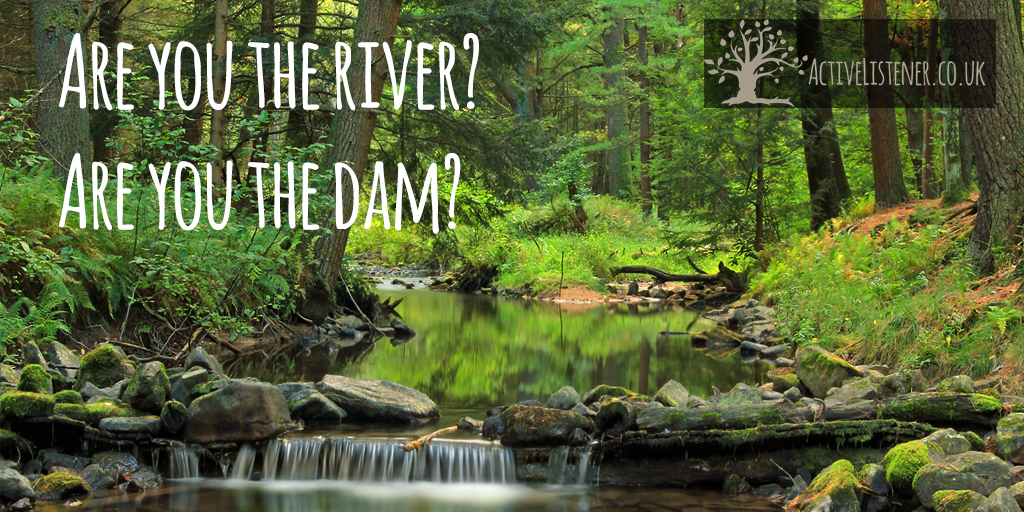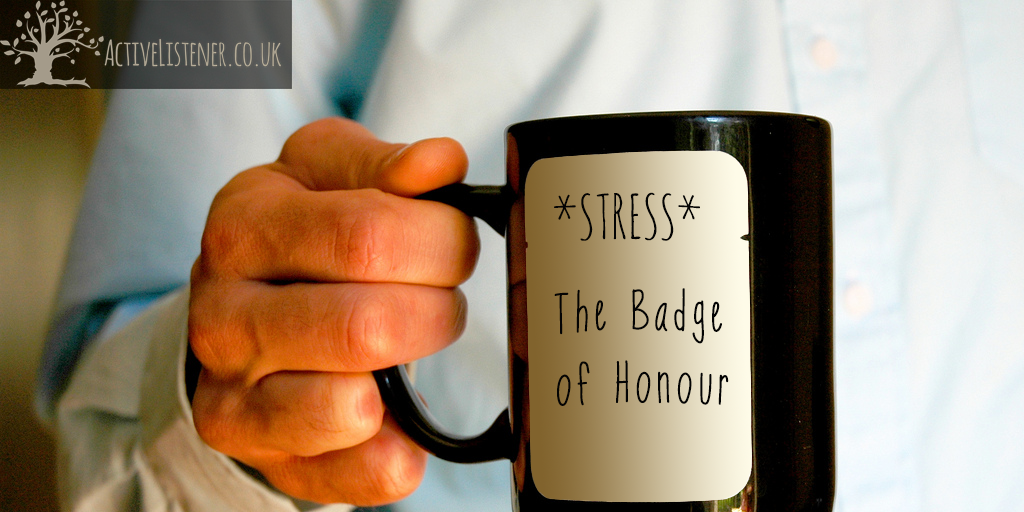Imagine if you can, that you lost your eyesight many years ago but eventually learned how to manage without it. Somehow. Now imagine that one day, almost out of the blue, your vision just suddenly switches back on again. What feelings would you have? What an overwhelming experience that would be; seeing things moving, bright lights, beautiful views, faces, flowers, colours for the first time in years. How confusing and chaotic! Yet I suspect, that despite feeling overwhelmed, scared even, I wouldn’t even consider turning it all back off again. Would you?
I think feelings might be much the same; I see them as another primary sense like hearing or smell. Another way for us to negotiate our way through the world. Do we not use them to judge our environment and our relationships and to assess our safety and express our needs?
I once heard someone describe emotions as lights on our dashboard, indicating that something needs our attention under ‘the hood’. You can ignore the warning light, turn it off, even break it. Maybe you will be able to carry on for a while, maybe indefinitely limp along, but is it safe and are you the best that you can be? Surely the problem won’t go away unless we look at it. Although there’s a theory about why we close our eyes just before a serious accident; maybe if I close my eyes then it will just go away.
So whenever I’m with a client watching/hearing yet another skillful way to suppress emotions and the struggle that that person is now facing as a result I feel upset. I’m not upset at any individual, I’m upset that it’s the English way to squash those inconvenient, embarrassing, messy feelings. I’m upset that it is so ingrained, we don’t even know we are doing it! We (the English) still do such a great job of passing this down the generations; we crush another’s joy when we say “calm down, don’t get too excited! Don’t count your chickens.Be careful”. We push away sadness with “plenty more fish in the sea, time snap out of it. Dry your tears.”. We push down fear with “Come on, you’ll be fine, just man up a bit!”. We negate anger with humiliation “whoa, knickers in a twist?”.
There are so many examples that show that expressing emotions, actually no, feeling emotions, is simply wrong. We train from childhood to ‘do them’ privately, or ‘acceptably’, “Boys don’t cry! Just hit him back!”. Well I hope you are ashamed of yourself for having feelings! Surely If I can manage my emotions then I am ‘strong’, I am ‘in control’! Being emotional is weak and vulnerable. In fact why have feelings at all? Do I really need them?
We all agree that we can’t just punch our boss, vandalise a neighbour’s car or scream at strangers, there are appropriate ways to express our anger. Yet instinctively, if we stand back and look again, denying emotions entirely seems wrong doesn’t it? Surely to have feelings is to be human and not to is to be a robot.
So if I am right, if feelings are another ‘sense’, then is it any wonder that some people I meet in counselling, who are given permission to feel, maybe for the first time, can suddenly be overwhelmed? If they have been ‘strong’ and successfully suppressed one or more feelings for much of their lives, is it any wonder that the world now feels strange and new? And I’ve never yet met a client who wants it all to go away again. The words most expressed after this experience are ‘freedom’ and ‘relief’.
Living life without feelings is surely not living life to the full, it’s like blurred vision, muffled sound, or numb touching. And I feel sad that some people believe that to feel is to be weak and to be emotionless is to be strong. I am extremely grateful that I can see, hear, smell, taste, touch and feel. I believe I am stronger for it.











